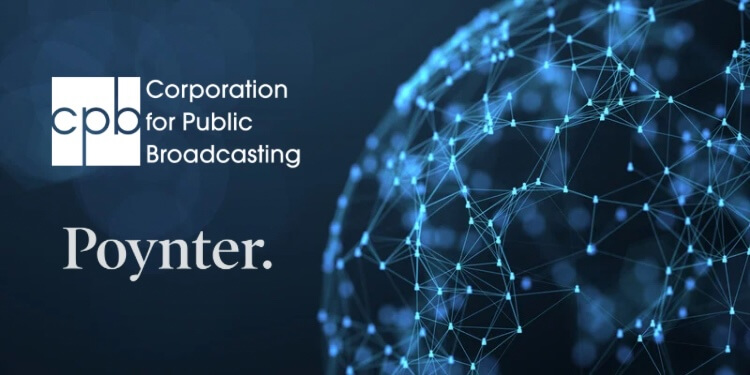This piece originally appeared in Local Edition, our newsletter following the digital transformation of local news. Want to be part of the conversation? You can sign up here.

We've just finished a content management system switch at Poynter right now. I hate this process. My head hurts from grinding my teeth. I've never felt my blood pressure rise before, but I think that's what I'm feeling now.
Why? It's new.
Like most of you, I'm guessing, I have felt this way with pretty much every new system I've had to learn. (I think this is the seventh CMS overhaul in my career.) And, as with each of those new systems, I'll figure it out, stop asking my younger colleagues dumb questions and get back to what I love.
Some things, like a CMS, we learn because we have to. But others, like new video skills or reporting techniques, aren't always a necessity. At least they don't feel that way. So we put them off and stick to what we know. That's a mistake.
Learning something new is uncomfortable, especially when you're used to being good at what you do. But one thing has become really clear to me in the last month of this discussion — failure is critical. In fact, it's probably unavoidable.

In the last four weeks, the willingness to fail came up over and over in my interviews.
"When we make mistakes … a lot of those mistakes are public. That has effects on trust and all of those things that are very important. But it's made it so that it's hard for people to try new things," API's Amy Kovac-Ashley said.
"…I do think that tradition has made it tougher to be willing to fail. So much of what we do is predicated on getting it right the first time, as far as what we're delivering. So as a result, it makes it very scary," said John S. Knight journalism fellow André Natta.
"Experimenting and being willing to fail is so important," Chico State's Mark Plenke said.
So how do we do it? I think the best advice here came from 11-year-old Taylor Moxey. Start with what you know. Amy had similar advice: Start small.
"I like the terminology that some people use about doing tiny experiments and looking for small wins, so, again, it's not like everything is on the line every time you're trying to do something," she said. "It's just little things you can do to build up those skills and to try to break it down for people."
Some ideas for getting comfortable with failure:
-You can actually learn how to fail well.
-You don't have to start with something you'll publish for the world. Play with a tool you're not familiar with, such as Snapchat or GIF-making, on your own and for fun.
-Find a colleague who is good at it and ask them for help. We've had this tip here before, but swapping a FOIA tip with a colleague who can teach you mapping seems like a pretty fair trade.
Some ideas for getting your colleagues comfortable with failure:
-Learn how to A/B test. Journalists want evidence. Help them find it.
-Celebrate small victories. (The jar of awesome is an A+ idea.)
-Connect what you're doing with why you're doing it. Amy brought up how rarely newsroom leaders connect their mission with what they're learning.
"I also think in general because things are moving so quickly and because there's not a lot of time, leaders kind of skip over the 'why we're doing this' to 'just do it,'" she said. "I understand in the moment that gets them where they need to be," she continued. "But in the long-term, if you forget about telling people why and getting their buy-in, you're not going to get what you want in the long run."
Thanks to everyone who took part in this conversation. Next week, we're going to pause for a week and look at all we've figured out in the past six months.
Then, we're starting a brand new topic: money. OK that's really broad, but we're going to be talking specifically about what journalists need to learn about the biz side and about working with the biz side.
Until then, check out Hearken's how-to guide for getting your newsroom to start with engagement. Open News wants to learn more about your journalism tech needs. And CJR has some lovely postcards from out-of-the-way newsrooms.
See you next week!









